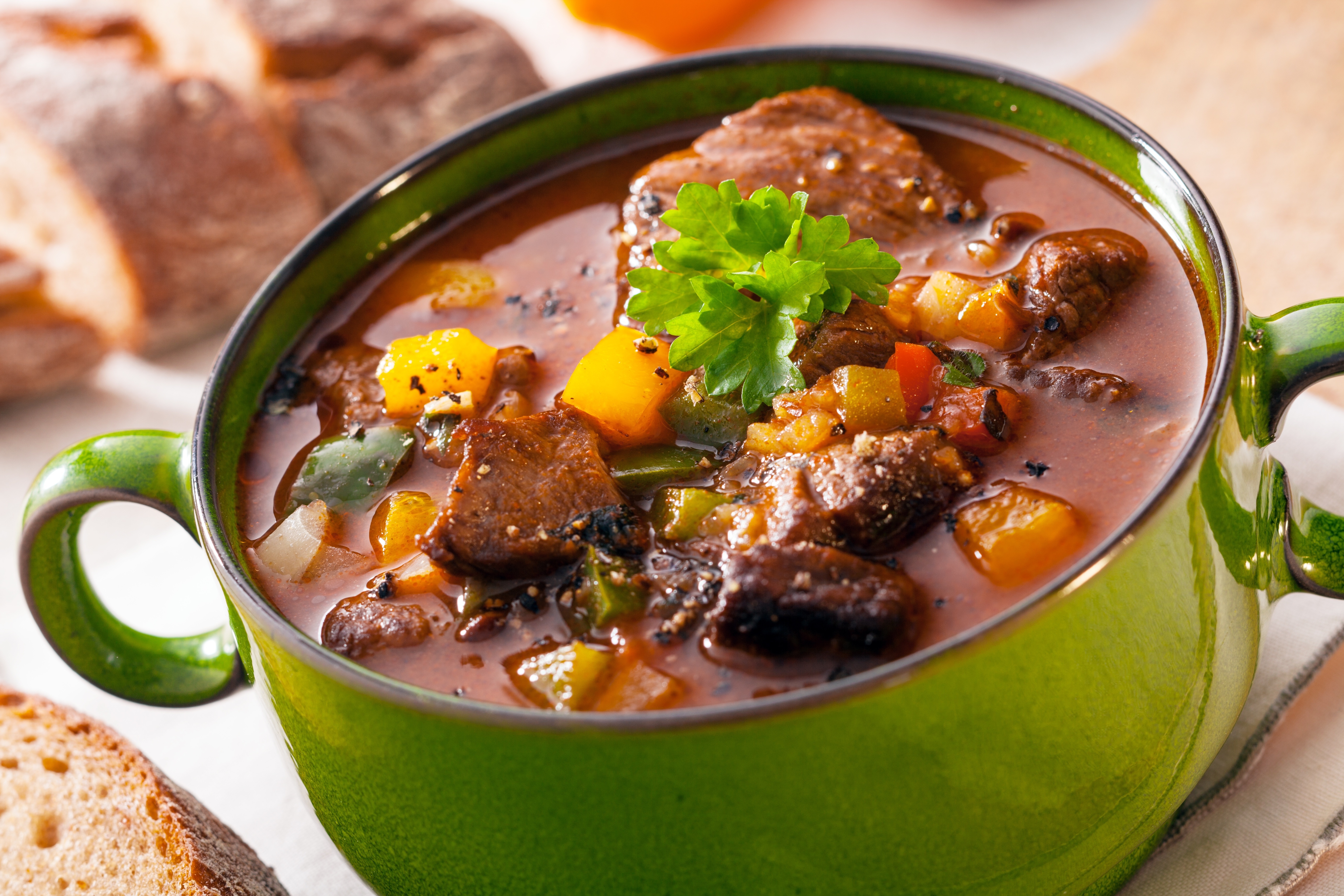Scale it back this autumn
Scale it back this autumn
Share
Using scales can mask fat loss, says Emma Storey-Gordon. Here, she reveals how you can stay on track as the cold weather draws in…
Weight is often the primary and sometimes only measure used to monitor progress, but scale weight has its limitations and does not always represent fat loss. Gauging your progress solely from scale weight can lead to lack of motivation and adherence to the diet.
Using the scales as a measure of progress can be great as they are cheap, readily available and easy
to use. But they do not represent short-term changes in body fat levels. So, no, you haven’t put on 2kg of fat over the weekend!
To increase the reliability of scale weight ALWAYS measure first thing in the morning on the same scales – no food, no drink. Be consistent.
A weekly average of daily measurements is more productive and will open your eyes to the fact that weight fluctuations will happen and are unavoidable. Some days you will weigh more, some days you will weigh less, even if you are sticking to your diet. Numerous factors influence scales weight including hydration, food volume, menstrual cycle, salt intake and water retention.
If you’re not losing weight over time, you’re likely not consistently in an energy deficit.
If you’re not losing weight day to day, you’re normal. Weight fluctuations are inevitable.
For this reason I always recommend using multiple measures to track progress – dress size, progress photos, energy levels, gym performance, measurements and mood.
Remember that you are on this journey to look and feel better. How much you weigh is a good measure of fat loss progress long term, but do remember it is not your sole goal. Don’t become fixated on it.
What you can do, how you look and most importantly how you feel, is far more important than what you weigh.
Winter fuel
Dieting can be especially hard when the weather starts getting cold and you’d much rather be wrapped up inside by a fire than outside being active.

Hunger tends to increase during the cold weather too, which makes sense from an evolutionary stand point, as staying warm in the cold demands more energy.
We also tend to crave comfort foods to keep us warm. But these don’t have to ruin your diet.
Good options are:
Soups
Stews
Roasted vegetables
Conveniently, these are all easy to prepare and can be made in bulk and then heated up and eaten throughout the week. Add seasoning to make your food extra tasty without the extra calories that come from using condiments.













FOLLOW BESTFIT